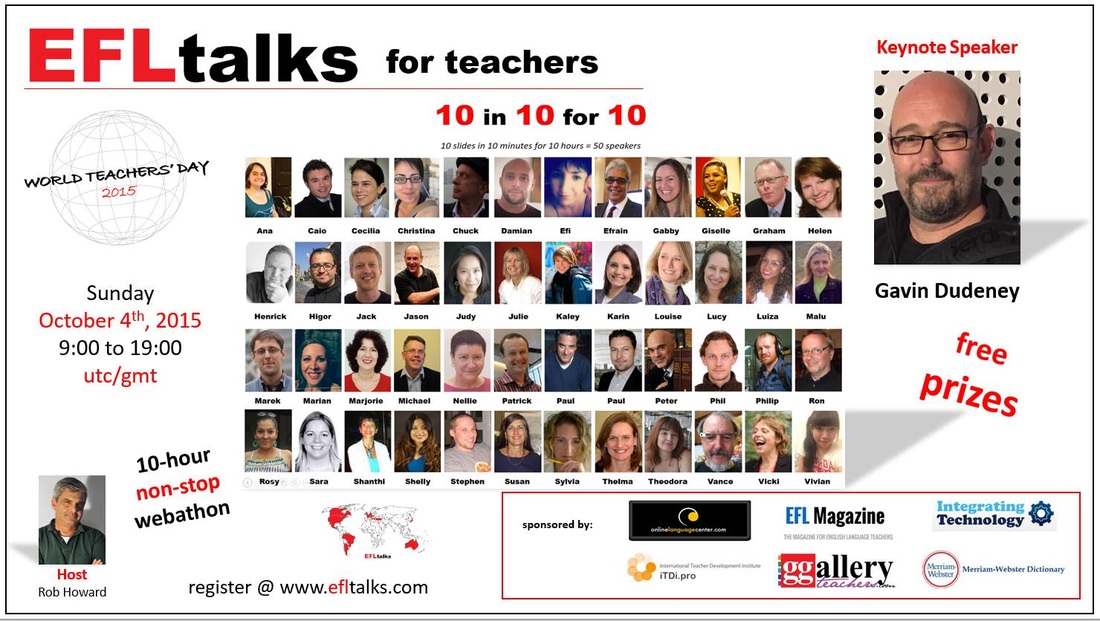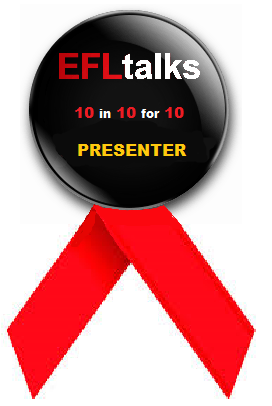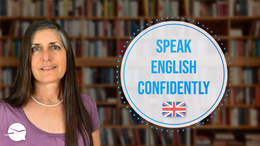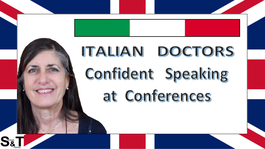|
What’s the best way to learn a language? There are many methods and theories but let’s look at the way we learn our native language. A baby is born without being programmed for any particular language and this baby spends the first year of its life sleeping and listening. Gradually it listens more and it sleeps less; finally it starts trying to repeat the sounds it hears. After about a year and seven months a baby can usually say its first complete sentence. Now a baby doesn’t study grammar – all it does is listen. Around the age of three it has acquired sufficient vocabulary and sentence structure to speak correctly in the language of its surroundings – in the language of its family. In fact if each parent speaks a different language to the baby, the child will learn both languages and will speak to each parent in their own language. I speak from experience as I myself grew up bilingual and my children have been speaking Italian to their father but English to me since birth. Babies don’t study any formal grammar but they study vocabulary and expressions by association. They associate a sound, a word, with an object. So babies learn the language directly by listening and they pick up vocabulary and grammatical structures in context. Babies only learn in context, by associating images, objects, situations, and people with the language they hear. This is the reason it is fundamental to speak to your students in English from the first day you meet them. The more they listen to you speaking, the more they’ll pick up and memorise even subconsciously. I’ve been teaching myself Spanish mainly by listening to audios and travelling. Last week I texted a friend that my daughter had won a gold medal and I first wrote ‘ganado’ but it just didn’t ‘sound’ right. I then opted for ‘conseguido’ which sounded correct and a moment later I was congratulated for her having ‘conseguido’ (won) this medal. I had never studied this verb before but I had somehow absorbed it – listening gives you ‘a feel for the language’! As a result the best way to learn a foreign language is first and foremost by LISTENING in order to associate an object or a picture with the word, an expression in context. The brain must connect the word or expression with its meaning without translating. This ASSOCIATION is very easy for the brain whilst translating makes it work twice as hard. The brain already has its image bank – all it needs to do is associate various ‘synonyms’ (even in various languages) to it. Instead translating is like putting the words of languages into separate drawers – the brain has to open two drawers, find the puzzle pieces in each language and put them together. Sometimes it picks the wrong pieces and horrific translations result! Look at what happened when a clothing company consulted a dictionary without the help of an expert: Made in Turkey became Made in the bird you roast for Christmas. Or when someone confused the Latin-American Spanish for Pope with potato and the Pope was greeted with Welcome Potato! Ironically you have to know a language to use a dictionary correctly. I always speak English with my students directly from the start – which means that I adapt my language to their level and if they are complete beginners I will speak very slowly and clearly using very simple language with gestures and pictures. This makes both teaching and learning very arduous at the beginning but if the students understand that they need to be patient and persist, they will reap the benefits. This is no easy feat: a few years ago I had an evening course of complete beginners including 2 retired couples. I only spoke English and we slowly progressed. They seemed to be very unhappy that I insisted on speaking only English to them. Halfway through the course the two elderly couples left on a three-week cruise through the Mediterranean missing quite a few lessons. On their return they told me that they had been the only ones of their group to communicate in rudimentary English on their holiday but what had surprised them most was that they were able to understand. They completed the course with a renewed attitude, to my great satisfaction. When I teach beginner adults in a class, my very first lesson deals with getting to know each other so we discuss in very simple sentences who they are, where they live, what their jobs and hobbies are, their families… Then towards the end of the lesson I write a paragraph on the board which acts as a scaffold for their oral introduction to the rest of the class. One by one the students speak reading the sentences and filling in the gaps appropriately according to their personal situation. They leave the lesson feeling it was very difficult and tiring but they had already managed to speak about themselves in English and that was a great satisfaction. One should always try to end a lesson on a high note so students feel satisfied despite their difficulties. When I teach, speaking only English to my students, I aim at teaching them specific language and expressions, but I inevitably use daily language that I had not intended teaching formally. As a consequence I find my younger students in particular using expressions I had not planned such as, “I have an itch!”, “It’s itchy!”, “You’ve got a terrible cough!”, “Bless you!” when they sneeze, “Oopsy daisy!” (a typical British expression for when something falls down accidentally), “Really?!” when they tell me something interesting - even if they speak to me in their mother-tongue, I always reply in English. Depending on their age and proficiency I allow myself to understand them in their own language or insist they express themselves in English. So children and adults pick up the language you don’t realise you are using. The same goes for texting: When I text with my students in English I sometimes use expressions they don’t know, so they will text back asking, “What does I’ll let you know mean? What is ASAP? My students are picking up language they would not necessarily learn in class but only in daily Picking up the language in context gives you expressions, phrasal verbs without having to memorise them and think – they just come naturally. My sister-in-law came to my evening classes after a long day’s work. She always asked if she could only sit and listen because she could no longer concentrate. She was not particularly talented nor motivated, nor did she study at home. Despite this she told me that on one holiday with her friends who spoke no English, she managed to solve various problems at the hotel – the words just came out and she had no idea how. This is an example of the power of the brain to absorb language… Not only language but also people are associated with language - my school students are so used to associating me with English that if I meet them outside the classroom context, in the corridor, at the supermarket, they will still speak to me in English – it’s just natural for them. They don’t even dream of speaking to me in their native language. When you learn a language you should associate an expression or a word with an object or a situation. You learn these associations in chunks – by doing so its not necessary to learn the grammar in the formal sense because you pick it up and embed it in your brain just as it stands and over time you will put these pieces like a puzzle together and form correct sentences. That’s why its important to surround yourself with the language – set your computer, mobile phone and social network settings into the language you are learning. Read, listen and watch as much as you can – immerse yourself fully in the language even if you can’t travel there. Some social networks also connect you to people who want to exchange conversation with you if you speak to them in the language they are studying. Full-immersion is fundamental to language learning and if you can’t go there you must surround yourself with it here. Check out more EFL talks like this one in EFL talks - The Companion Guide: Teachers Teaching Teachers
32 Comments
HOW do CHILDREN LEARN A LANGUAGE so easily? The SECRET to FLUENCY!! - Student learning tips25/6/2017 What's the best way to learn a language? |
Categories
All
Would you like regular English learning & teaching ideas? Subscribe to my blog so you don't miss a post!
AuthorMy name is Susan Brodar, born in London into a multilingual family and brought up bilingual English / Italian. Archives
December 2018
|

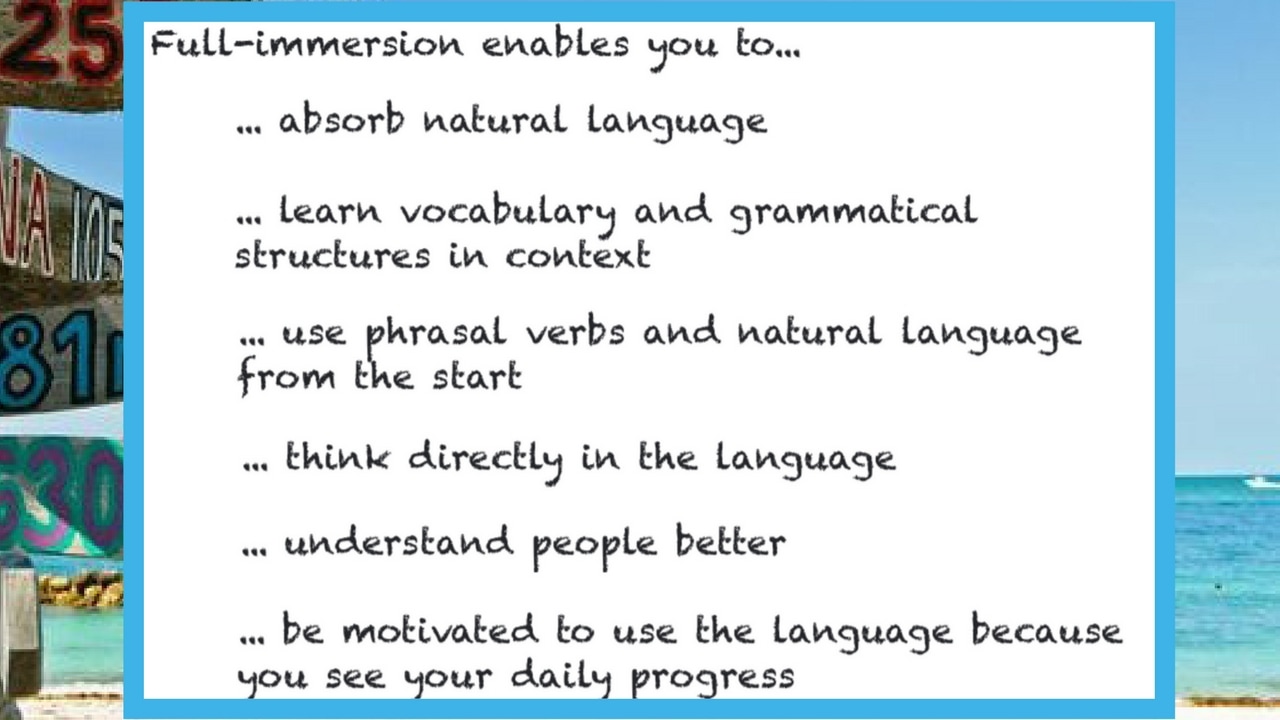
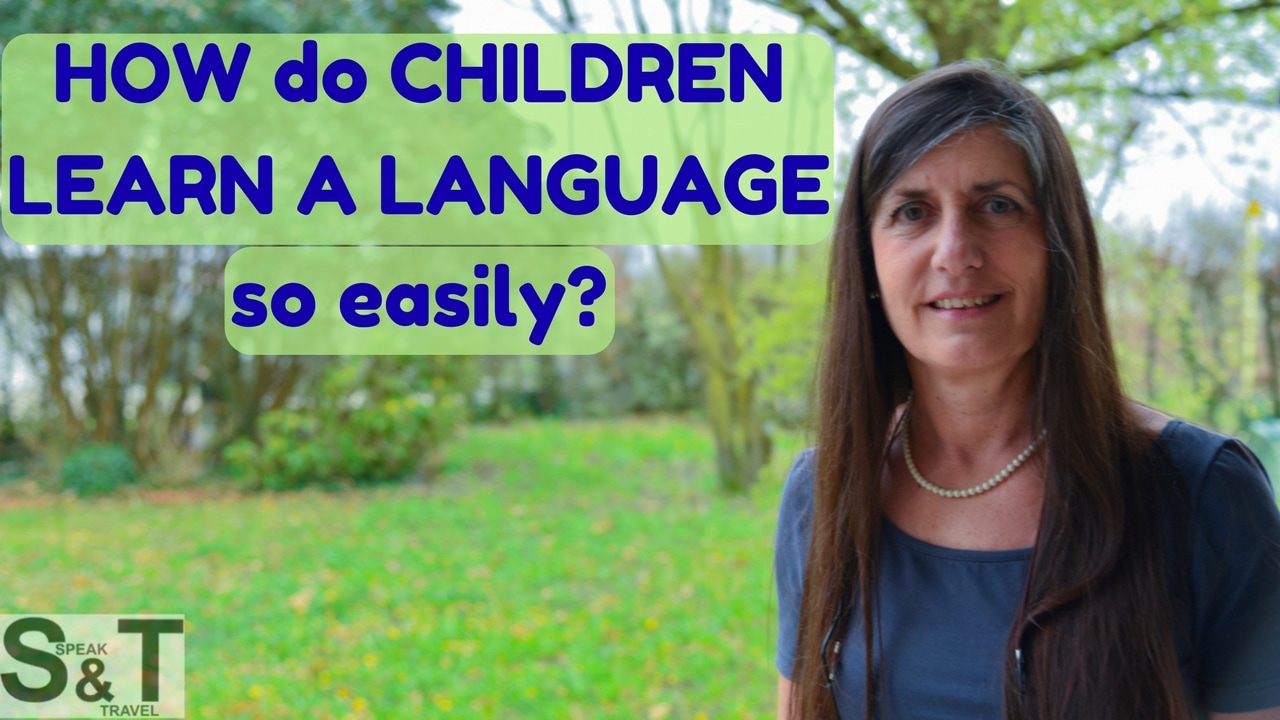
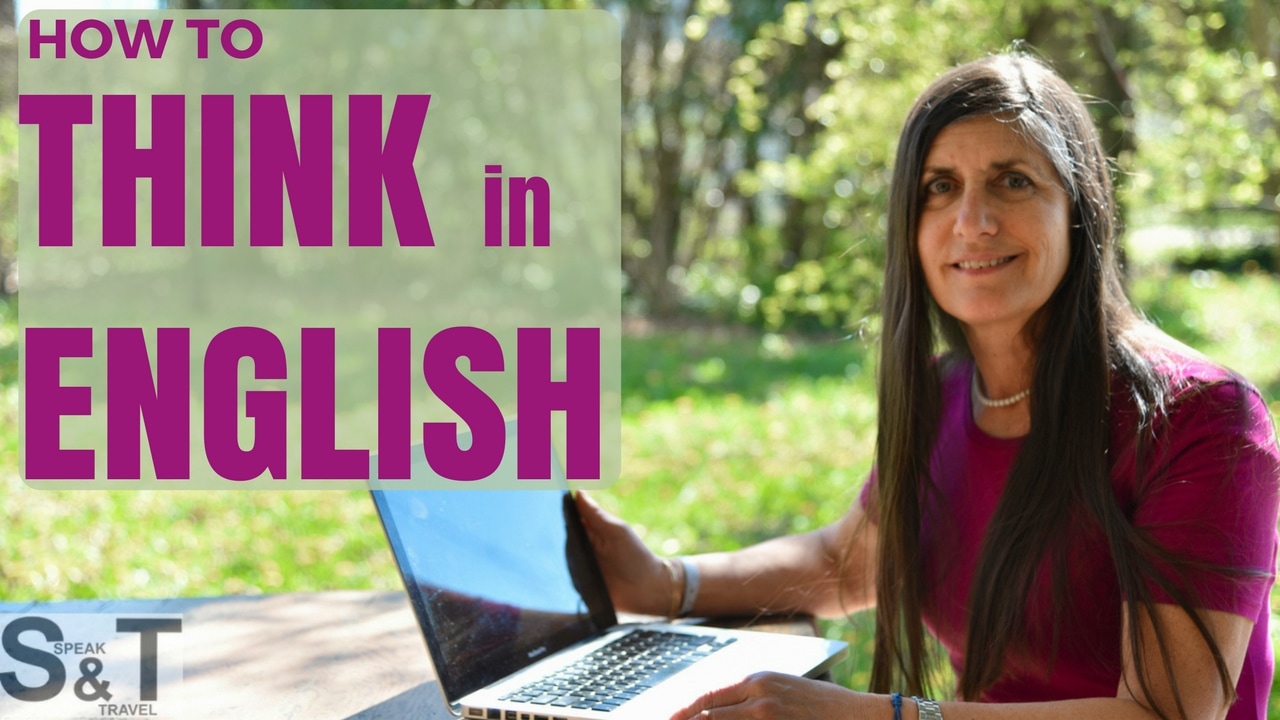
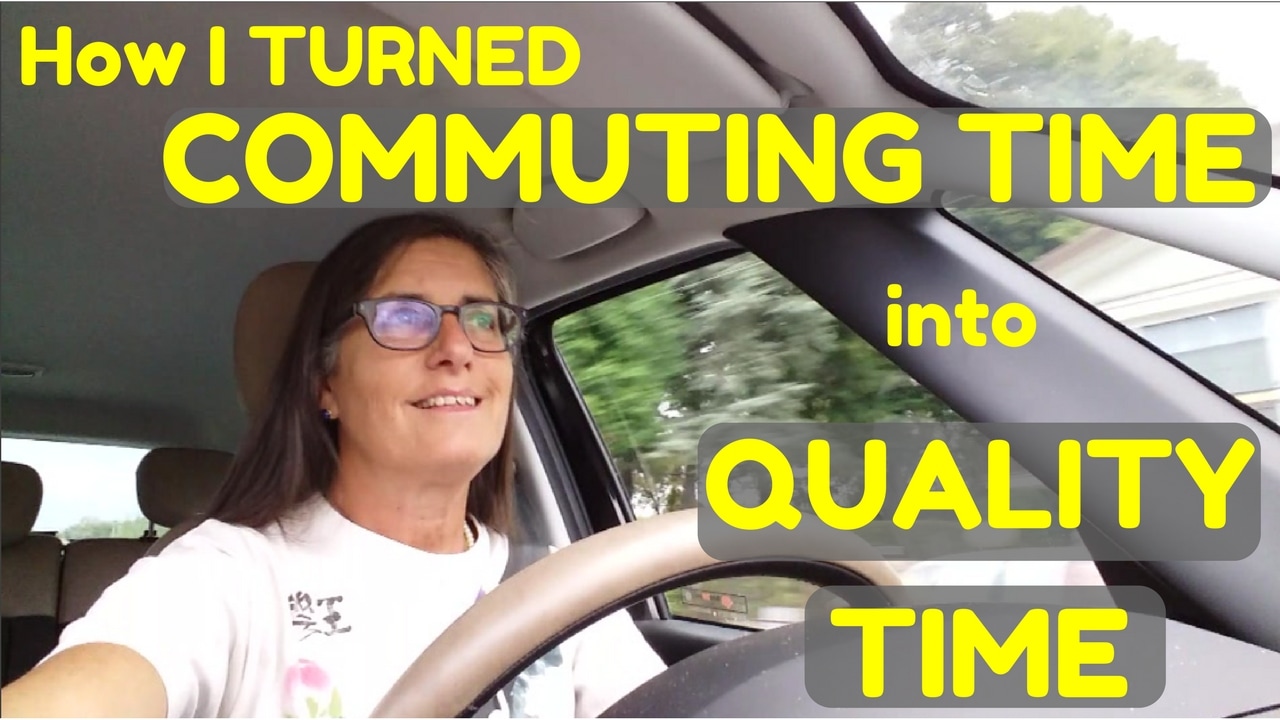
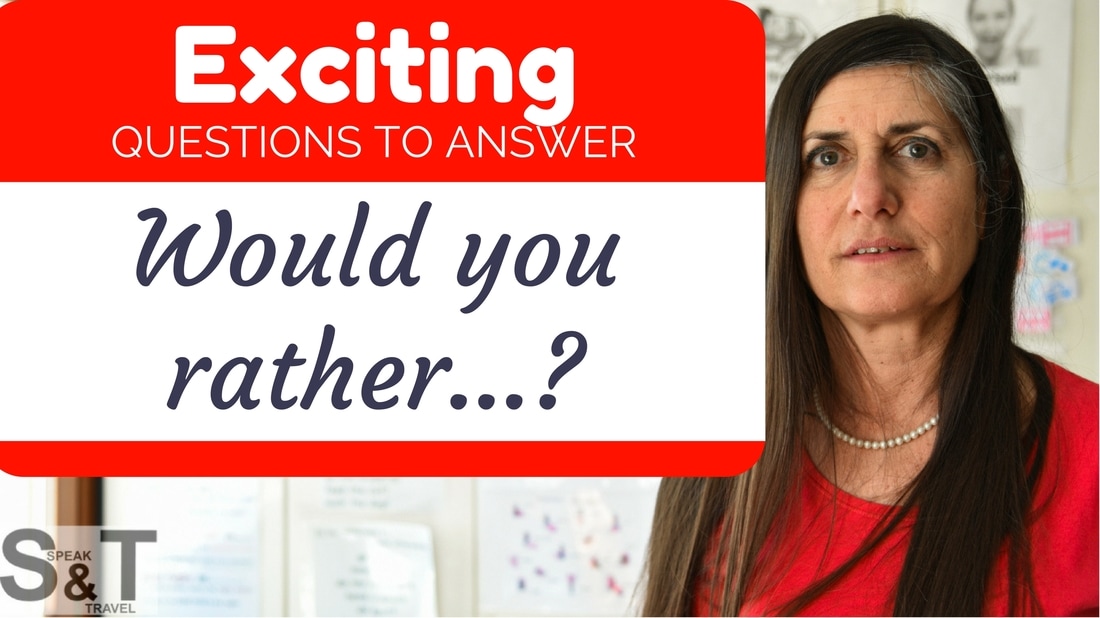
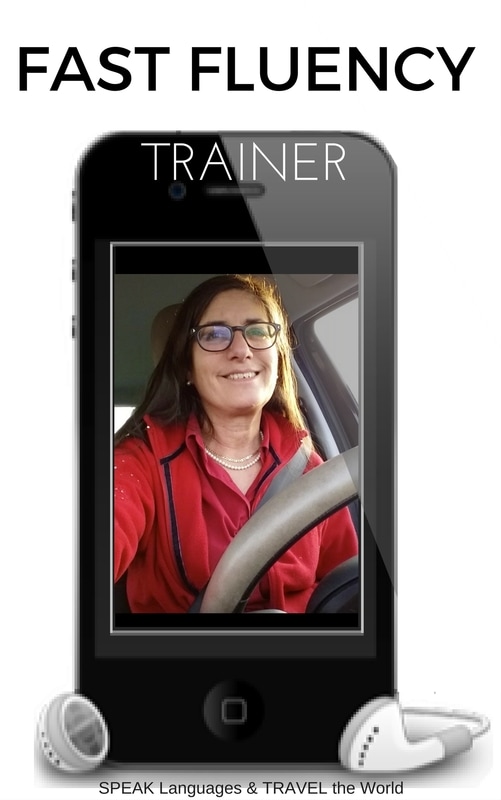

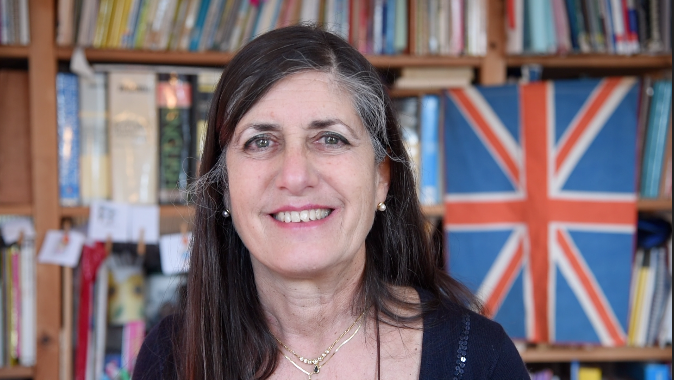

 RSS Feed
RSS Feed
